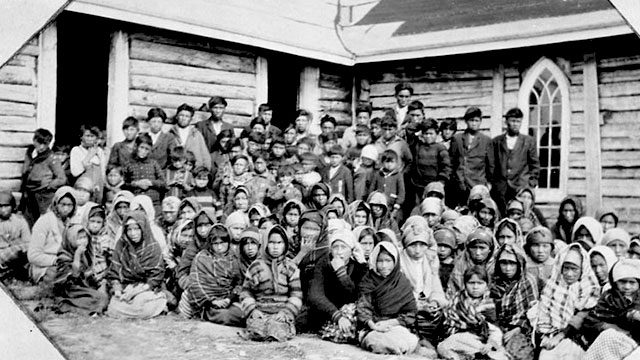
Students in front of Trout Lake Indian Day School in Ontario.
The Federal Court has approved a settlement agreement for survivors of Indian day schools.
Under the terms of the settlement, survivors will be able to apply for individual compensation for harms, including physical and sexual abuse, linked to attending one of the federally-run institutions.
Crown-Indigenous Relations Minister Carolyn Bennett says the court’s decision marks recognition of the hard work undertaken by all sides toward finding a lasting and meaningful resolution for former students and their families.
“The mistreatment of Indigenous children is a tragic and shameful part of Canada’s history that has had devastating effects on generations of families,” Bennett said in a statement Monday. “Canada is deeply committed to reconciliation and healing, and will continue the important work of making amends for past wrongs.
Garry McLean launched a class action lawsuit in 2009 against Canada over the abuse and harms inflicted upon Indigenous students who were forced to attend Indian Day Schools across Canada.
McLean, a day school survivor, died earlier this year from cancer — just two months after he and federal government officials announced they had reached a tentative agreement for the settlement.
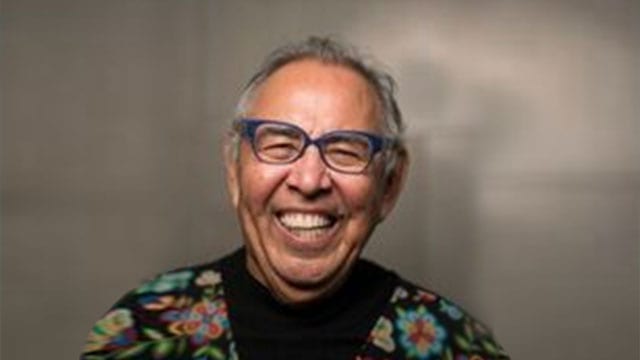
Garry McLean, the lead plaintiff in the Federal Indian Day School class action lawsuit, died last February at the age of 67. File photo.
The class action was certified on consent in June 2018.
The plaintiffs and government concluded a settlement agreement on March 12 of this year, just a few weeks after McLean’s passing.
The settlement provides compensation to Indian Day School survivors based on the level of harm suffered and establishes a $200 million legacy fund to support commemoration events, wellness and healing projects, and the restoration of Indigenous languages and culture.
A 90-day opt-out period and a 60-day appeal period will begin now that the settlement has been approved, meaning that any class member who does not agree with its terms can choose to remove themselves from the process.
Nearly 200,000 Indigenous children attended more than 700 Indian day schools beginning in the 1920s, often enduring trauma that in some cases included physical and sexual abuse.
The schools operated separately from the residential school system and were not included in the Indian Residential Schools Settlement Agreement approved in 2006.
Survivors of federal Indian Day Schools were excluded from the 2007 Indian Residential Schools Settlement Agreement.
With files from The Canadian Press.
news.ca




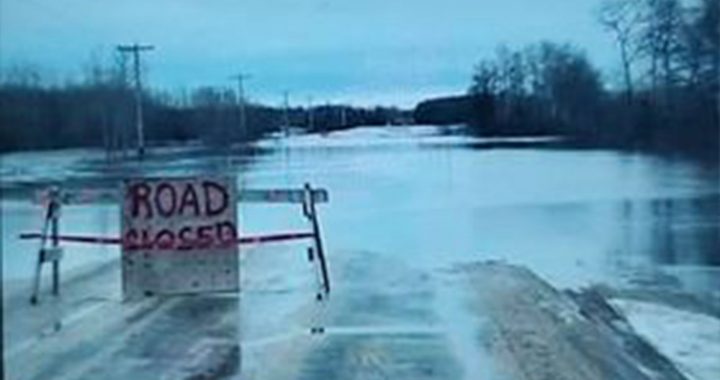

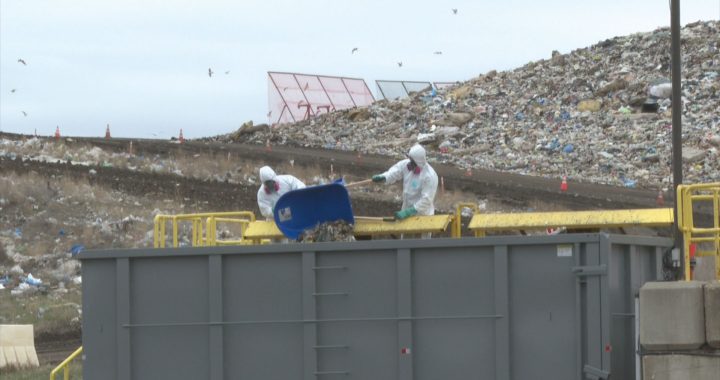
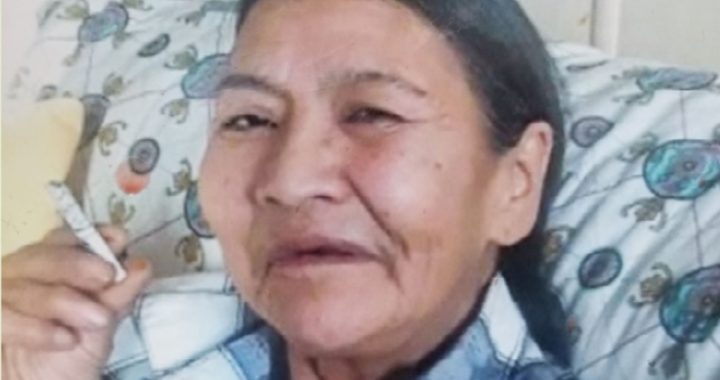
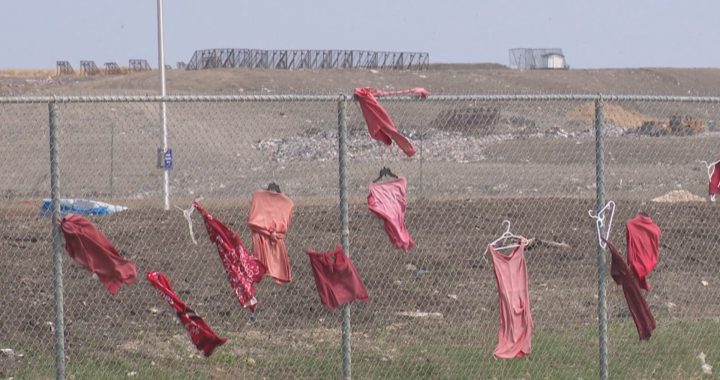
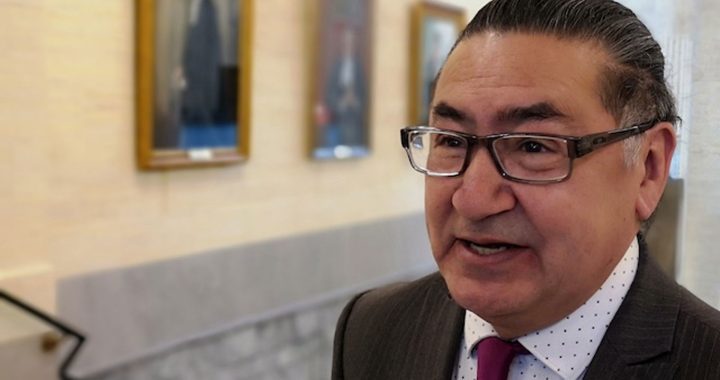
I can understand the need to provide a very real, tangible way to compensate those who had their children taken away to attend Boarding School against their parent’s wishes. I most vigorously defend the need to compensate those people, not just forced to attend boarding schools but attending boarding schools, with parent’s consent, who were then sexually or in any way abused while in the care of those schools.
What I don’t understand, and I hope someone can explain it to me (without getting angry) is why people who were “forced” to attend day school, need the same kind of blanket compensation, as the boarding school abuse victims deserve.
I, and every other child in Canada, were “forced” to attend day school. The police enforced the truancy law that we had to send our children to school I and many others were strapped with a leather strap.
I had a grade 2 teacher (a women) who would make us boys stand in front of the class, facing the board with our feet together, then we had to bend over and grab our ankles so our scrotum was protruding enough to be hurt when she beat us with a pointer stick. I know that men/boys reading this, can understand the pain getting hit once would cause. Imagine how it would hurt to be hit over and over again. I never could keep track of how many times I was hit after the second whack, because everything became a haze of pain and trying not to cry or scream out with each hit because the rest of the class would then make fun of us. I could never hold it in. In fact, the more we resisted, the more whacks we got from our teacher.
We didn’t dare tell our parents about it because if we were punished at school for something we had done, we were whipped with my fathers belt or the 2×4 piece of lumber he carved a handle into which he called “The Board of Education” or one of the other collection of things he would use to punish us.
The thing is, that wasn’t so unusual during the 60’s and 70’s. Many of us students got the strap from the Principal. That grade 2 teacher is the only teacher I can remember who did her own punishments. It wasn’t unusual to have a teacher come up from behind and whack us across our knuckles for doing something other than what we had been told to do. I can remember a teacher who would throw whatever he had in his hands, usually a piece of chalk, when a student got him angry. He didn’t care when it hit students faces, near their eyes, in their ears, or a girl’s budding breasts. He seemed to get a lot of satisfaction from that. That was grade 7 or 8. His name was Mr Enright or Earnright and I thought he was so angry and threw things at us because he came from South Africa, where it seemed like everybody was angry, so he couldn’t help but do it.
We were also forced to learn a foreign language, French, even though most of us didn’t want to.
The thing is, that is the way it was for everybody, in a Public School, back then. I can even remember my father telling my teacher to “Don’t hesitate to give him the strap and rest assured he will get it twice as bad when he gets home.” I don’t know what it was like for those children in the various “Separate School Systems” at that time. I figured that if the parents were paying the whole cost, to send their children to school, they would have more say in how things were done, so the were probably were punished even worse.
So how was the general public’s day school any different than the day schools for our indigenous children? It was hard for all of us children during that time in our history. There was a completely different approach to disciplining children back then. The teachings of the Bible guided many. My father was always quoting “Spare the rod, spoil the child.” That is the way they were disciplined and so too were their parents before them.
My generation didn’t turn out to be horrible people because of it. In fact, that cycle of abuse from my father’s generation and his father before him, was stopped by the research and teachings of my generation and my children benefited from it.
Actually, I was shocked when one day, my middle daughter (of three girls) herself now a mother of three, came to me and said “Dad, you and Mom were too lenient with us. You didn’t discipline us enough. I asked her “What, you think we should have used corporal punishment? We should have been spanking you children? Her answer was “Yes”. We have all progressed to the point where we can look back at those times and point out the errors. Now our children can use that experience and move forward wth the lessons they have learned. One lesson I am happy to say my daughters haven’t had to learn, is how to make their minds hide away from the pain being inflicted on them, by someone they love and look up to, by chanting to themselves “Not with my children, not with my children …” over and over again.
What I don’t understand is what it is that makes any of us different than anyone else, at our day schools, in our society, during that time in our history?
That is the topic that I wish to discuss because I know a lot of people around me (I live in a Retirement Residence) think the same as I do. Mostly, I think maybe we are just uneducated about the underlying problems involved and I’d like to learn if that is true and what the differences are.
Maybe though, we are more alike in our experiences, than we know.